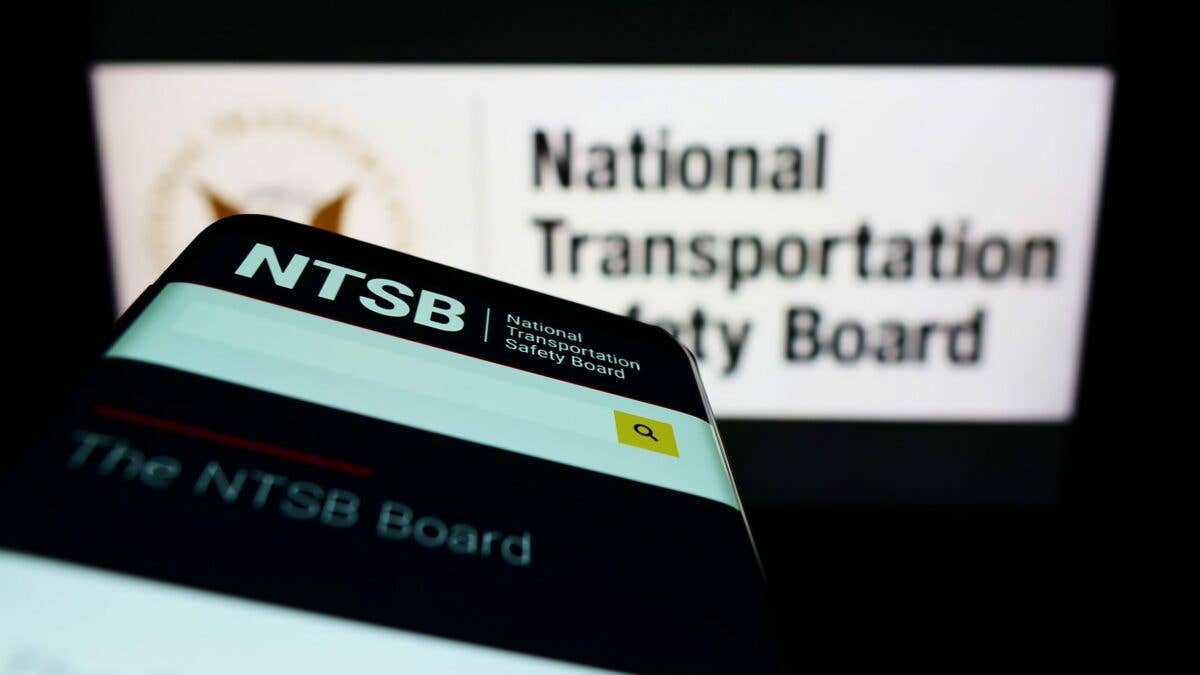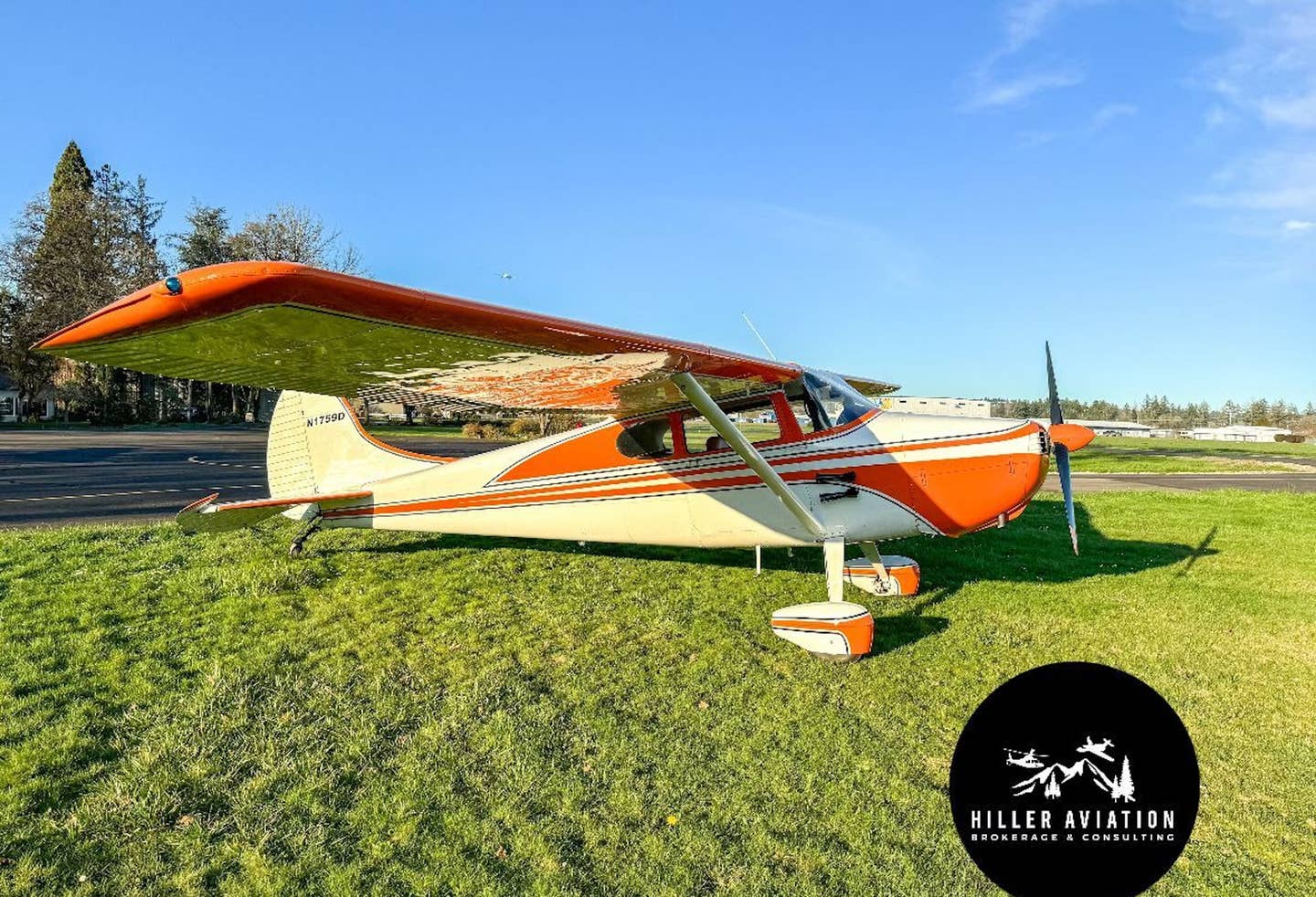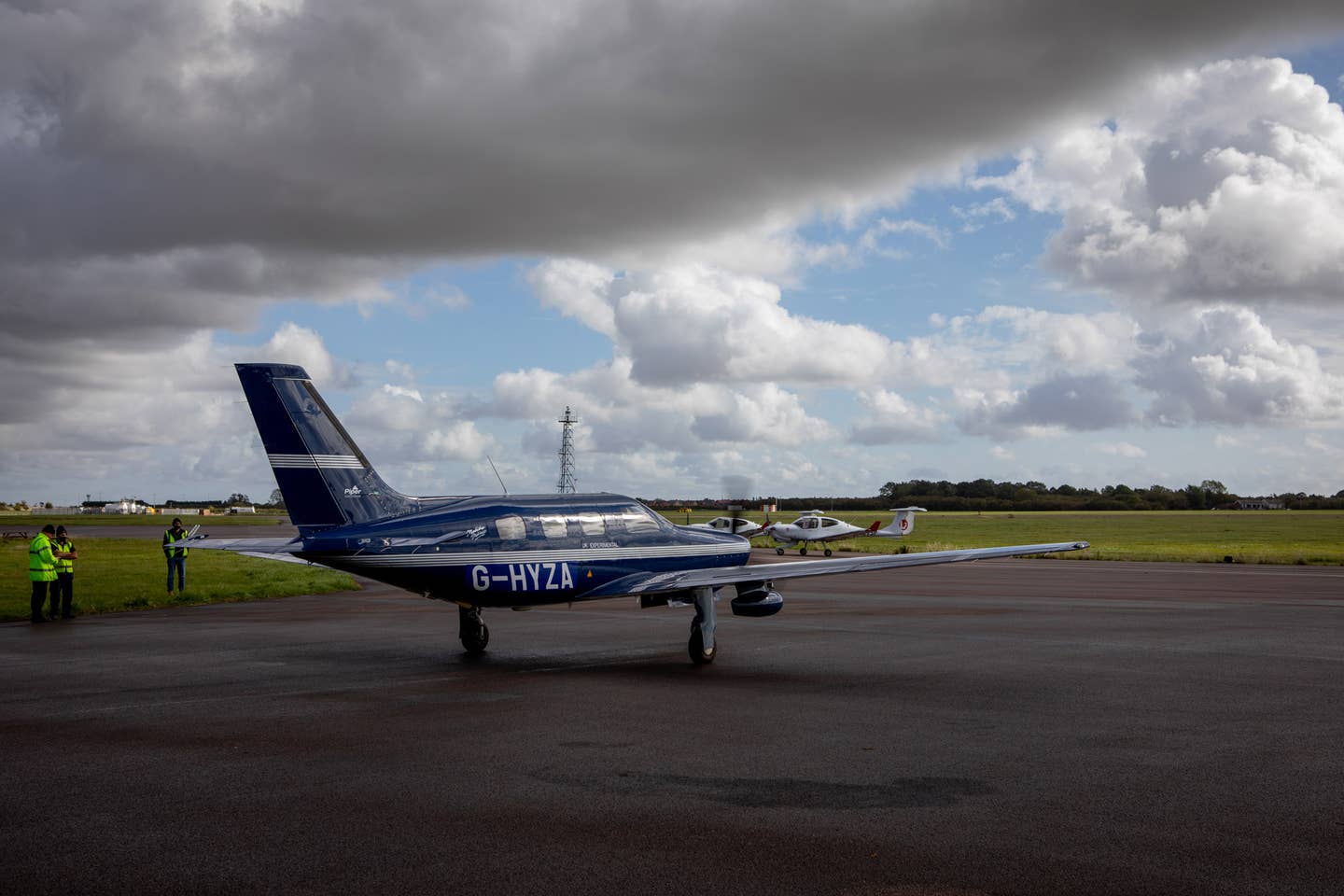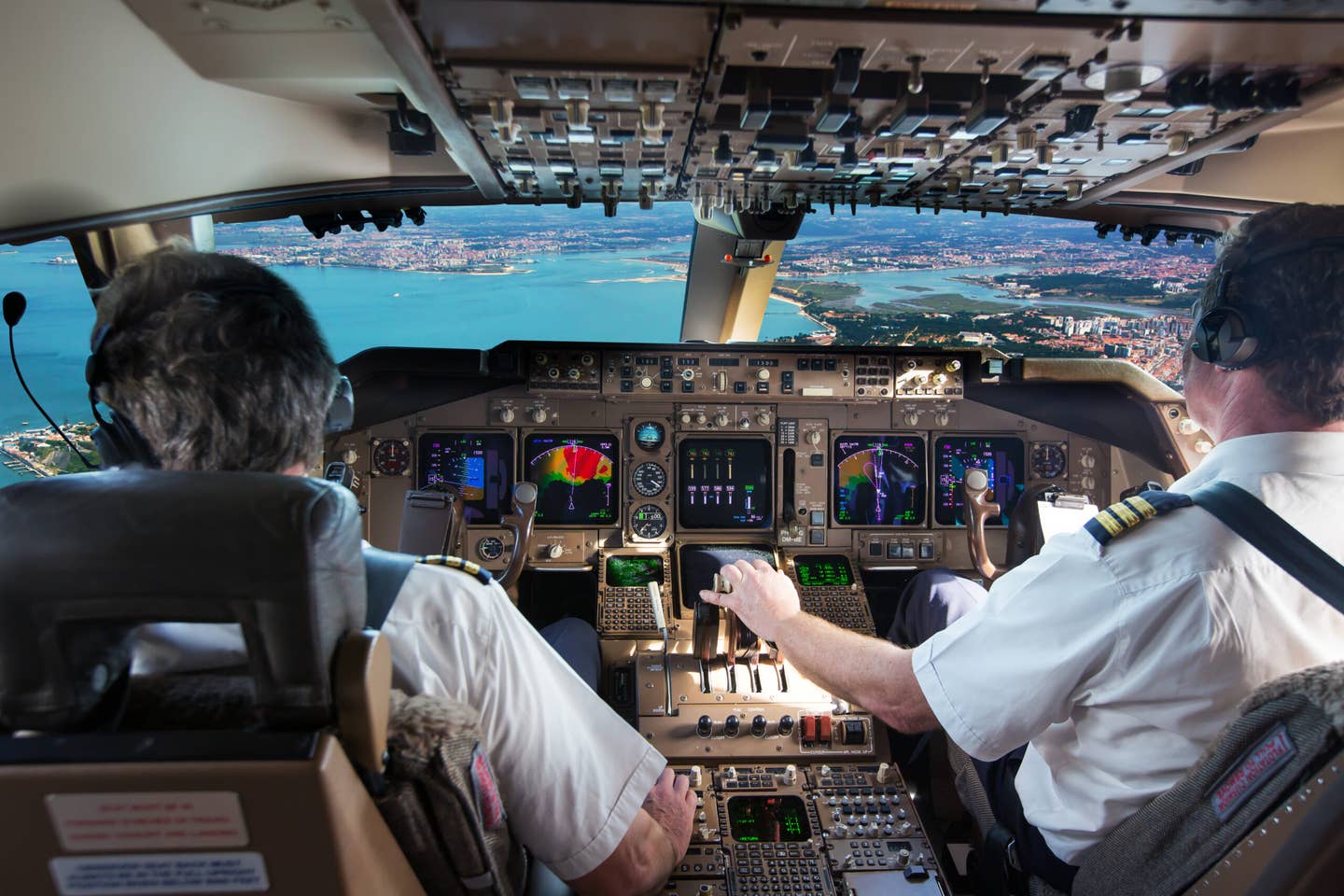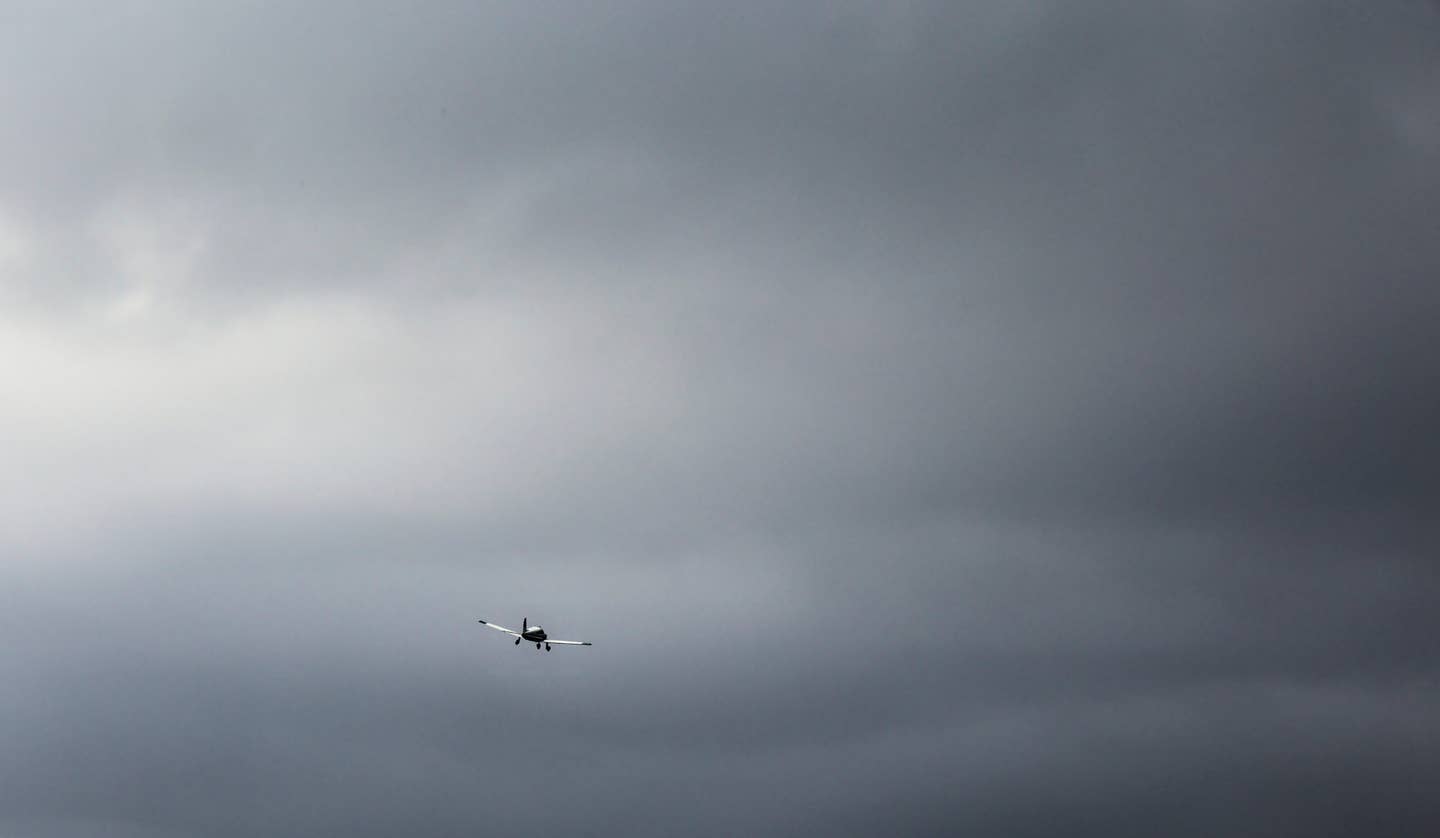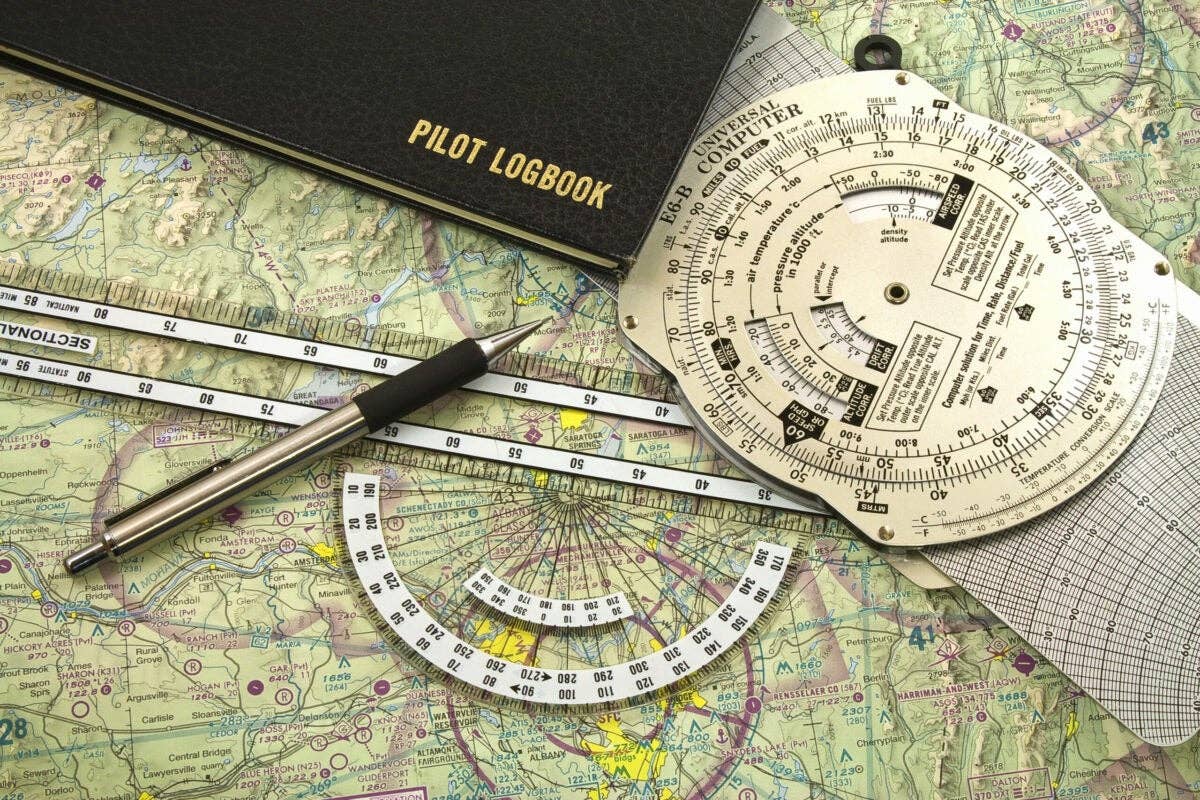
Flying your own airplane can take you to plenty of socially distant locales. Courtesy Ben Younger
I caught the coronavirus this past October on a commercial flight returning home from Denver. My aisle seat was toward the back of the sold-out flight with an airline that refused to keep middle seats open. By hour two of the flight, there was a line for the bathroom. All those people standing over me, breathing down my neck—I’m not an epidemiologist, but I’m going to guess that didn’t help. I also took off my mask for a few moments during the flight to inhale a bag of pretzels and guzzle a can of ginger ale, so I may be complicit in my infection.
Scratch that. My complicity is without question. It goes back a few weeks earlier when I purchased the ticket itself. What was I thinking? Travel was a well-known risk. The disease was widely understood to be dangerous. My friend is a doctor in a New York City hospital, and he told me in great detail about the COVID-19 patients he was unable to save, the refrigerated trucks behind the hospital. Another friend lost her father to COVID-19. I was primed. Educated. Vigilant.
I spent an extremely cautious first six months of the pandemic hiding out in Albuquerque, New Mexico. I remember the first time I ordered takeout after the shutdowns started. I gave the woman in the drive-through window at Frank’s Famous $40 in cash for a $28 fried-chicken bill. I told her to keep the change. She felt like a hero to me at the time. I felt a first-responder level of respect for her. “Are you sure?” she asked me. I told her I was. “Thank you so much!” She thought I was being generous. I was just scared to accept the paper money in change.
I took the food home and opened the takeout packages in the garage on the concrete floor, carefully transferring all of the contents onto plates and bowls from inside the house. A friend was there handing me clean utensils and tossing the takeout containers into sealed garbage bags. We wore masks and nitrile gloves and moved so deliberately, I imagine we looked like the cleanup crew at Chernobyl.
And yet, here I am in the new year, unable to smell the 100LL I put in my tanks. Thanks to COVID-19, I’ve lost my sense of smell completely. And I’m lucky. Four days of what felt like a bad flu and body aches akin to some of the worst racing get-offs I’ve had on a motorcycle. In the weeks following 9/11, I worked at ground zero, and I have suffered respiratory problems ever since. COVID-19 never progressing to my lungs feels like pure luck.
I did not need to get sick. I have an airplane. A damn near perfect one. With the small sacrifice of an extra day of travel, my Beechcraft Bonanza would have put me in Moab, Utah, with the same cost as a business-class seat. There was also a paved landing strip not 1,000 feet from the rental house. All this to save some money. Penny-wise, pound-foolish.
We were in Moab for my birthday. Five friends and I rode dirt bikes out in Canyonlands National Park, which is properly in the middle of nowhere. I didn’t get the coronavirus from them. We all flew home; I tested positive and they did not. I knew I could blame the flight, not my friends.
I got sick because I got complacent. Period. We read about it all the time in these pages. Complacency often turns up in the I Learned About Flying from That column—or worse, as an accident report in Aftermath. The way some brains work (as mine did as a younger man) is that once we come out of a dangerous situation unscathed, we don’t think about how close we were to a bad outcome. Instead, the takeaway is: We must have been operating within our limits if nothing terrible happened. This shifting baseline is often observed around weather avoidance with pilots who continue to erode their safety margin until their number gets called: “Twenty miles around a thunderstorm? That seems a bit conservative.” And it may very well be—until it isn’t. Complacency is like coastal erosion. It happens slowly, until one day you’re standing in salt water wondering where your house went.
Read More from Ben Younger: Leading Edge
I mention my younger self because I have more recent success avoiding these kinds of errors. I keep 20 miles away from convective cells. I ground the airplane when I fuel. I bend my knees when I lift heavy things. I have become a cautious man in middle age. Yet despite all my caution, the coronavirus sneaked up on me. When I got sick, I felt like the proverbial frog in the pot of slowly warming water: cooked when I thought I was out for a swim.
In training for my private pilot certificate, my instructor, Neil, went over the proper use of takeoff trim with me. He was diligent and articulate. And still, six months after getting my private ticket, I took off solo with 12 degrees of up-trim from my previous landing. The plane ballooned straight up into the air. On the verge of a stall/spin straight back onto the ground, I shoved the control column forward and frantically spun back the trim wheel. I’ve never once taken off with an airplane out of trim since. I told Neil about the mistake, and he smiled at me, as if to say this fright happens to everyone. Once.
I’m grateful the trim scare happened to me. The experience cost me nothing but imprinted upon me intensely. I always check the trim wheel before taking off. I always will.
After catching the coronavirus, I found myself thinking back to my behavior in those early days of quarantine back in Albuquerque. I was sufficiently scared by the idea of getting sick to take precautions, but after time, with no infection, I started to see my precautions not as a measure of their success but rather as an indication that they were unnecessary. Unlike the trim incident, the fear imprint had a half-life.
Even in my relatively short tenure at this magazine, I’ve written at length about approaching personal limits using all sorts of analogies—pro boxers, racing motorcycles, hot stoves. In those columns, I claimed that with time and maturity comes the ability to listen to others who walked the path before you and to trust that the stove is indeed hot.
I still got COVID-19. I flew closer and closer to that proverbial thunderstorm until my number got called. Now I have a disease with long-term effects still being evidenced in its victims every day.
Mistakes are measured by the cost we pay for them. The rationalizing that makes us feel safe means nothing once we step over the line. As pilots, we must remember that it is fine until it isn’t. Then it might just be too late.
Ben Younger is a TV and film writer/director, avid motorcyclist, and surfer—but it’s being a pilot that he treats as a second profession. Follow Ben Younger on Instagram: @thisisbenyounger.
This story appeared in the March 2021 issue of Flying Magazine

Sign-up for newsletters & special offers!
Get the latest FLYING stories & special offers delivered directly to your inbox

